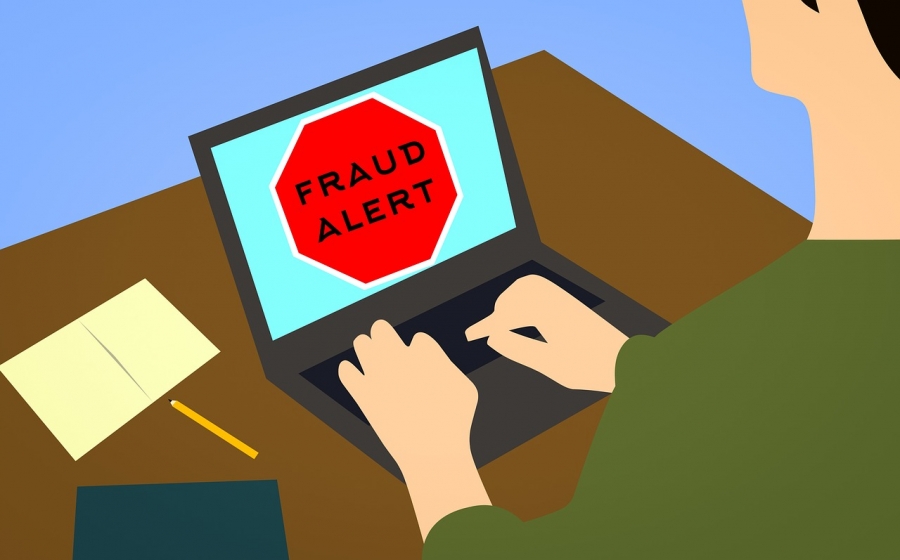In the interest of protecting the typical consumer, we put together a brief post about the basics of mortgage fraud. If you are buying or selling property, be sure to educate and defend yourself starting with this basic knowledge.
What Is Mortgage Fraud?
Fraud is deliberate misrepresentation and deception using false facts, information, and figures. Mortgage fraud, then, is deceptive lending, buying, and selling practices in real estate. It’s more than predatory lending; mortgage fraud includes an array of misdeeds that can hurt lenders and consumers alike.
Industry bad actors see mortgage fraud as the path to a huge payday. Most cases involve millions of dollars. For borrowers, the goal is real estate ownership, and if a legitimate loan is out of reach, some individuals (with the help of an insider) leave out or misrepresent details about employment, debt, income, and other metrics used in loan applications to secure mortgages.
The list of individuals who commit fraud is a long one. It includes everyone involved in the sale of a property, from the builder, realtor, and insurance agent to the title company and escrow agent. Occasionally, a complete shadow network of professionals conspire to commit mortgage fraud, and the one that takes the blame is often the buyer or seller of the property. He or she may not realize fraud was committed in their name.
Common Types of Mortgage Fraud
Fraud can be carried out by various methods. Here are four common types:
• Occupancy fraud - a borrower misrepresents how the property purchased will be occupied. Loan rules differ depending on whether the property is a primary home, second home, or investment property. Mortgage and interest rates vary as well.
• Income fraud - the borrower misrepresents the amount, source, or continuance of income. Lenders fail to verify false employment documents and pay stubs from non-existent employers.
• Transaction fraud - the nature of the transaction itself is misrepresented. The down payment is falsified, or there is a secret agreement between a buyer and a seller. The straw buyer is a common trope, sometimes coupled with identity theft. The identity of someone with good credit is used to hide the real buyer with bad credit. Then, when the title is transferred to the bad creditor, the lender is left holding the bag, and the straw buyer may get blamed.
• Appraisal fraud - Usually in cahoots with the appraiser, the seller inflates the appraisal value of a property to set a higher price. House-flipping may involve both appraisal fraud and income fraud with inflated numbers for both.
Other ways fraudsters profit off real estate transactions is through foreclosure rescue schemes, loan modification schemes, and equity skimming or stripping. Air loans, according to the FBI, involve victims who fund a non-existent property loan where there is no collateral. Reverse mortgages are a popular way to trick senior citizens so that a scammer gets most of the money.
How to Protect Yourself from Mortgage Fraud
Obviously, don’t falsify documents, don’t lie on the mortgage application, and avoid aggressive lenders. If a lender is hounding you for your business, stay away.
Always read and understand every document you sign. If you don't understand something, ask, and if you don't like the answer, stop the transaction until you are satisfied.
Get the property inspected by a third party you can trust and check out the title history. Most lenders require a title report, so keep an eye out for it among the many documents you have to sign. If not, get it done before finalizing the purchase.
Be thorough and cautious when buying or selling a property. A major purchase like this deserves your time and attention. Don't let anyone railroad you. Educate yourself about loan and property practices. Use reputable lenders. And look out for red flags that indicate potential trouble.
Referencing CoreLogic’s report again, there was a 12.5% increase in the mortgage application fraud risk index from 2017 to 2018. It’s uncertain that the trend will continue, but, regardless, you should stay aware; mortgage fraud can happen to anyone.
 Paul Cones is the President of CourthouseDirect.com, a technology company that provides legal record search products and services. Since 1982, their online repository of courthouse documents has helped real estate agents and other professionals find the documents they need.
Paul Cones is the President of CourthouseDirect.com, a technology company that provides legal record search products and services. Since 1982, their online repository of courthouse documents has helped real estate agents and other professionals find the documents they need.





